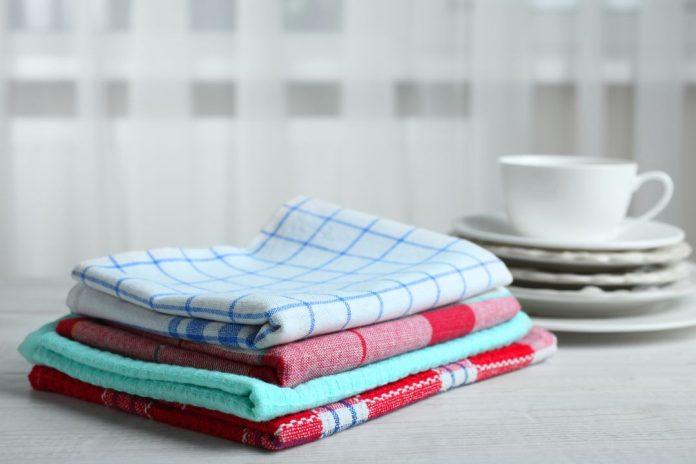As a kitchen essential, kitchen towels are used daily to wipe countertops, clean up spills, and dry dishes. However, with frequent use, the kitchen accumulates bacteria and grime, making them unsanitary and potentially harmful to your health. To ensure your kitchen towels remain clean and hygienic, follow these tips for proper cleaning and care.
Types of Kitchen Towels
Many types of kitchen towels are available, including cotton, microfiber, and bamboo. Each type of towel has its unique properties and benefits. For example, cotton towels are soft and absorbent, while microfiber towels are highly effective at cleaning and can be used without chemicals. Bamboo towels are eco-friendly and antimicrobial. Choose the type of towel that best suits your needs and from absorb lumen.
Washing Frequency
Kitchen towels should be washed frequently to prevent the buildup of bacteria and germs. Ideally, it would help if you washed your kitchen towels after each use. If this is not possible, aim to wash them at least once daily. It is also a good idea to have multiple towels on hand to rotate them throughout the day.
Washing Temperature
The washing temperature for kitchen towels depends on the towel type and the soiling level. Generally, cotton towels can be washed in hot water, while microfiber towels should be washed in warm water. Check the care label on your towels for specific washing instructions.
Detergent Selection
Choose a detergent suitable for the type of towel you are washing. Avoid fabric softeners, as they can reduce the towel’s absorbency. Instead, add a cup of white vinegar to the rinse cycle to soften the towels naturally.
Drying Method
After washing, kitchen towels should be dried thoroughly to prevent the growth of bacteria. Tumble dry on a low heat setting or hang the towels outside to dry in the sun. Avoid using high heat, as this can damage the towel’s fibers.
Stain Removal
For tough stains, pre-treat the area with a stain remover before washing. Try soaking the towel in warm water and baking soda or hydrogen peroxide.
Storage
Store your clean kitchen towels in a dry, well-ventilated area. Avoid storing damp towels in a closed container, which can promote mold and bacteria growth. If you have multiple towels, consider using a towel rack or hooks to keep them organized and easily accessible.
Replacement
Even with proper care, kitchen towels will eventually wear out and must be replaced. Depending on the frequency of use and washing, you may need to replace your towels every few months. Look for signs of wear and tear, such as fraying or thinning the fabric, and replace the towels as needed.
Conclusion
Proper cleaning and care of your kitchen towels are essential for maintaining a clean and healthy kitchen environment. By following these tips, you can ensure that your towels remain hygienic and effective for all your kitchen needs.
